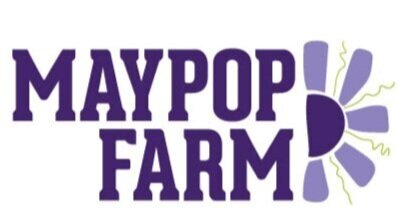I have constantly tried to find sources of non Genetically Modified (GMO) feed and lately it has gotten easier. Over the past two years, I have nailed down suppliers of non-GMO feed supplies so we can claim that our feed is non-GMO. It costs us a little more but we think it is worth it. My objections to GM crops are not just for the health concerns. My friends who support the use of GM crops say the science has shown no bad effects from them. But we don’t really know do we? The information coming out of a case in California shows the extent that Monsanto has gone to to muddy the scientific waters. For more on this google “Dewayne Johnson v. Monsanto Co.” The documents released raise questions about what Monsanto knows and what it is hiding.
The health concerns may not be limited to GM crops. With the extensive planting of Roundup Ready GM crops a lot of Glyphosphate (Roundup) is being sprayed. It is showing up in our bodies in increasing levels. The health problems associated with GM crops may not be from the crop but the chemicals increasingly used on them.
I would like to address other consequences of GMO crops. Enough attention has not been given to the consolidation in the seed and chemical industry, the lack of genetic diversity, the cost to farmers and the loss of some crop protection products.
Seed companies have always had protections for seed that they worked so hard to develop. The Plant Variety Protection Act gives seed companies protection of a variety for 25 years. During that time, their seed cannot be sold for seed without a license. However, it could be saved by farmers and replanted on their own farms. This was common with soybeans and wheat. Protection is different with GM Crops. They are protected by crop patents. Farmers cannot save seed to replant on their farms and seed companies have been ruthless in going after farmers who do. (It needs to be pointed out that farmers can simply stop buying GMO crops and in fact, they are doing that.) There was even a time when seed companies required the farmers to buy their glyphosphate from them instead of letting farmers buy the herbicide from cheaper sources. The gm seed/chemical companies are not looking out for the farmer. They are looking out for themselves
GMO crops cost more than conventional seed. Farmers are beginning to go back to conventional seed and just get away from the GMO seed headache. In some cases, they can sell their crop at a small premium to people like me who are willing to pay a little more for non-GMO seed. But the seed costs less and sometimes are more productive than the GMO varieties available. The farmers can save seed for their own use. (google “farmers abandoning gm seed”)
Another issue with GM crops is their extensive use is ruining good pest controls. The extensive use of bacteria thuringiensis (Bt) in GMO seed is creating resistance in insect pests. Bt is an organic, environmentally friendly pest control product. Its effectiveness is diminishing due to its extensive use in GMO crops. This is effectively a public taking of a good product. The same is true of Roundup though that is of little concern to me in my operation but conventional farmers who want to use Roundup are finding it to be less effective.
There might be a case for GMO crops. Certainly, GMO cotton has reduced the use of strong chemical pesticides on cotton fields. And no till farming, using chemicals to control weeds instead of tillage, has been shown to be good for soils. But I think you can farm using minimum till methods with conventional seed and still build your soil. I don’t trust the current GMO seed developers to use the technology in a way friendly to sustainable agriculture. My desire not to use GM crops is my boycott of an industry I don’t trust.





